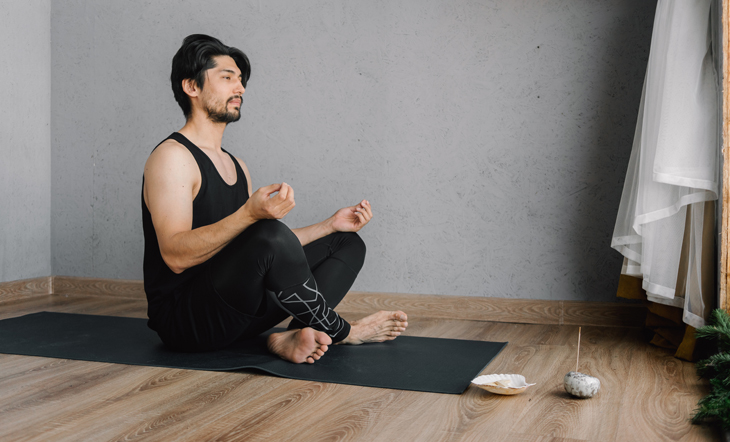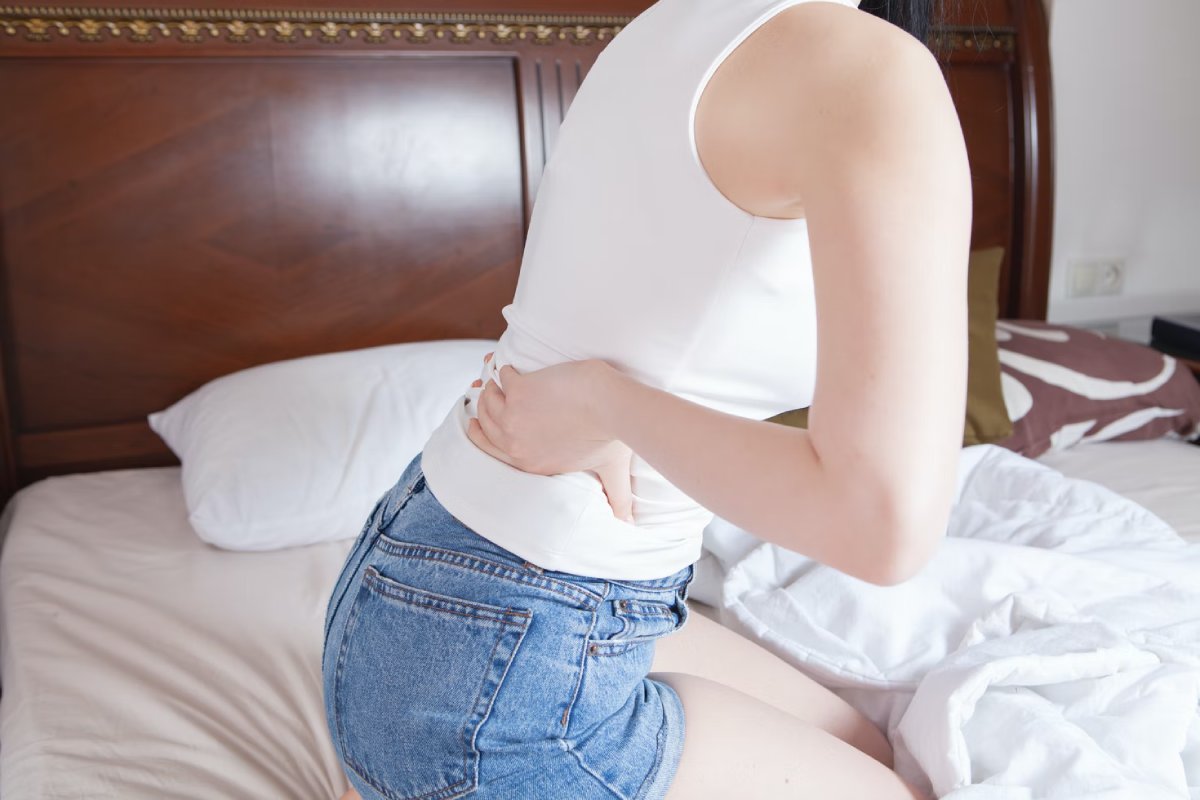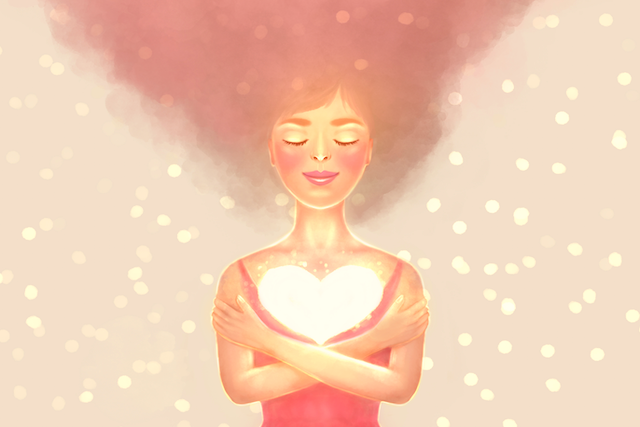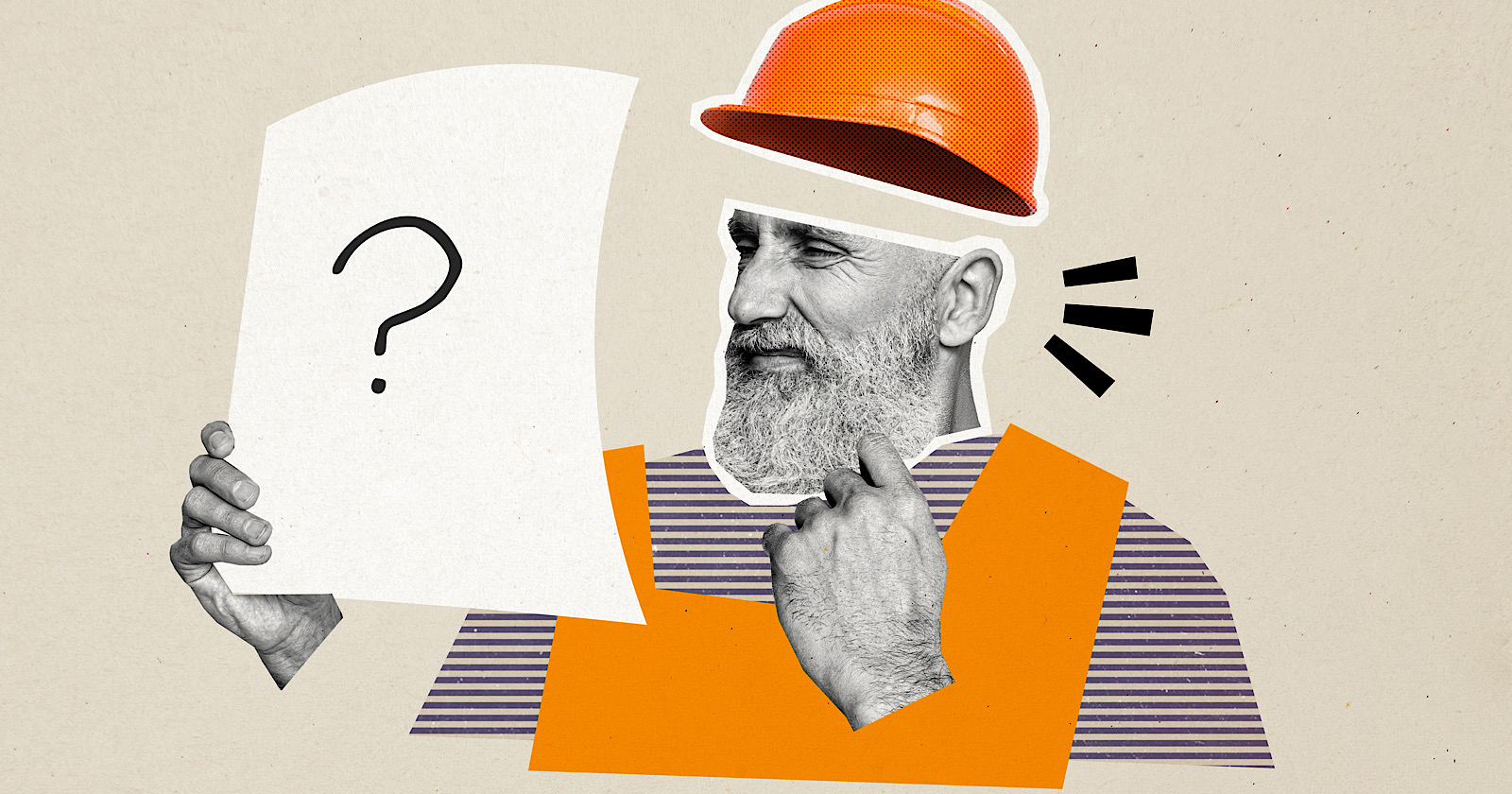Lessons from a (Mostly) Good Dog #7: Wag Your Tail
Can we be as happy as our dogs? The post Lessons from a (Mostly) Good Dog #7: Wag Your Tail appeared first on Tricycle: The Buddhist Review.

In recognition of National Dog Day 2024, Tricycle presents another entry from “Lessons from a (Mostly) Good Dog.”
“Most of the shadows of this life are caused by our standing in our own sunshine.” –Ralph Waldo Emerson
“What is this resistance? Why do we again and again resist our feeling of joy or happiness or love? We don’t do it intentionally, but our conditioning, our habits of mind, and our culture all seem to work to build up the walls between what we naturally feel and what we allow ourselves to feel.” –Roshi Pat Enkyo O’Hara, Most Intimate
Let me go ahead and admit it: I am highly envious of my dog’s butt. It’s attached to the most wonderful appendage—a tail, which she wags with great abandon to express her delight. I know I’ve said it before, but I think it’s worth saying again: If we humans had tails that wagged of their own accord, we would find it much more difficult to convince ourselves that we’re miserable, which for some odd reason we like to do.
What my dog Brooklyn likes to do is wag her tail—indeed, she wags it so hard and with such reckless abandon, contorting her whole body, that I’ve seen her whack herself in the face with it. This free and willing use of her tail has resulted in several appropriately ridiculous nicknames, including (but not limited to) Madame Wiggle-Butt and Little Miss Wags So Much, appellations I find much more fitting than the name she was given before we adopted her, Brooklyn. After all, it is surely ironic that our happy, enthusiastic, bright-eyed, wiggly little dog is named after the land of the jaded hipster, and their seen-it-all-already gloom.
Of course, if I’m being honest, I must include myself among them. Oh, I’m no hipster, and yet for some bewildering reason, it’s like I too have committed myself to misery as a kind of ethos.
Looking back, I think this rather odd life choice might have first started in college, where the coolest kids on campus were known, appropriately, as “Coolies.” To them, simple happiness seemed unthinkable, the worst kind of transgression, an apparent slight to their often formidable intellects. To spotlight this adopted melancholy, they wore dark clothes and thick-rimmed glasses, they drank coffee and smoked cigarettes—in short, they were intimidating as all hell. It almost seemed as if many of them held the strange philosophy that it somehow just wasn’t cool to be happy. It infected the whole school—myself included. My roommate freshman year—a happy, floppy, blond-haired half-Swiss man—was the most obvious casualty of this disease. He had first shown up at the school with a personality and body language that was very much in line with a dog’s—bouncy, goofy, excited, enthusiastic, and generally joyful. Yet by the end of our first year, he was wearing dark clothes, his blond hair was covered by a dark, rainproof hat, and his scowl had become well-practiced.
Except that’s the thing, it was a practice, an act—he wore this gloom like a kind of mask he was trying on to see how it fit—and every now and then, in spite of all his concerted efforts, his big, beautiful happiness would crack through and light up his face and the world around him.
Sometimes it seems like the whole human race has become entranced with this strange theater of gloom and doom, each one of us the central actor in the tragic unfolding that we’ve for some reason deemed this miraculous life to be. Yes, according to our narrative, it’s us against the world, a real underdog story. And there is a perverse kind of satisfaction in pretending like life is out to get you—it buoys up the self.
Take the muddled, mixed-up example of me. These days, I notice myself clinging to moments of misery with great pleasure and determination—stewing and seething and wallowing semicontentedly in self-righteous indignation—but I’m pretty sure I wasn’t always such a downer. Once, I had a bounce to my step. The thing is, there is that distorting sense of nostalgia at work, making you think that back then you were this shining creature who somehow now is lost—the milk carton photo of your missing inner child. But is this part of me really gone? After all, there is still that bounce to my step. Still, there are times that I catch myself dancing in the kitchen with the dog, joyfully.
What is this game I am playing? Because that’s what it feels like, like some stupid game I started to play long ago, except somewhere along the way I forgot that it was pretend.
Perhaps all creatures participate, oftentimes unknowingly, in versions of this farce. Consider Brooklyn when she puts on her own serious face and barks at some misperceived threat out the window (the mailman?). My point is, it’s near impossible to take it too seriously—this fluffy creature, going woof—and I have a feeling that from some sort of objective perspective, all our serious, grim-faced expressions would look equally ridiculous—our commitment to gloom an absolute absurdity, especially considering that all around us, always: this beautiful, luminous world.
There is a great vulnerability in experiencing—and expressing—joy.
It’s interesting to me that this sullen shift often first pops up in teenagers and college students—not just because that’s when the “real world” begins to rear its ugly head but because it is at this age that we mistakenly assume being “grown up” is to adopt this serious outlook on life. This is who we think we’re supposed to become, and when you consider how miserable and stressed out adults tend to be, it’s not such a surprising conclusion to arrive at. And yet the funny thing is that, no matter how old we are, to approach life as this somber, humorless matter is just so ridiculous.
Oh, I don’t mean to belittle our suffering—it is real, and so, too, in fact, is the suffering of my dog. Life is not all puppy dogs and rainbows, unfortunately, and even puppy dogs know this. Lying there in her dog bed, as she sometimes does, with her chin on her paws and those long, mournful eyes, Brooklyn seems well aware that this existence is one of great suffering—that there is hurt out there, and pain, and loneliness, and heartache. It is in the air; she can smell it with her marvelous nose. She breathes it in, then lets it all out in that saddest of expressions: the dog sigh. And yet, if I come into the room at that point and mention any number of words—mom, kitty, chicken—her eyes brighten and her tail begins to thump.
So I guess the question is: Why are dogs so keen to move forward into a state of joy, while we humans so often resist it? After all, that’s the main difference I note between Brooklyn and me—not that she doesn’t experience suffering, but that unlike me, she does not cling to it so tightly. She is forever ready and willing to cast away her sadness in favor of the brighter side of life. Part of this may simply be a matter of being present: Because they exist so fully in the moment, dogs do not stick to things that have passed. When they are sad, they are sad, but when a chance to feel good presents itself, they release their former funk and plunge forward eagerly into whatever’s next. It’s almost like Brooklyn knows instinctively that life is short, and that if there is a purpose to it, it is to shake off all the nonsense and wag your tail, feel good, and do your best to make everyone else around you feel good too. She also seems to know instinctively that there is much to be happy about, if only you are willing to experience it. The sun shining, the presence of a good friend, food in your belly, cool water to lap up. It is a blessed life we lead, but there is something in us humans that is reticent to recognize this. There is something in us that is scared.
There is, after all, a great vulnerability in experiencing—and expressing—joy. You are putting yourself and your happiness out there, and there is much in the world that will snuff it out if given the chance. And so we don our gloom like a kind of armor, and beneath it, hidden away and guarded, we put our shine. It feels safer to be closed off, I guess—after all, if you’re already miserable, how can misery affect you? In a sense, it’s that old futile attempt to gain some sort of control over your life, which is, of course, laughable. There is no way to avoid the darkness, and to dress yourself up in a shadowed cloak, trying to fool the universe into thinking you’re ready for the worst of it—well, perhaps all you’re really doing is shielding yourself from the best of it.
Brooklyn doesn’t play these stupid games. Whatever life throws at her, she experiences it head- on. And it hasn’t been all sunshine either. She’s been bitten by other dogs, yelled at by the people she loves the most. Most recently, she tore her ACL, and now she has to be penned up for four months without having any clear awareness of the reason—and she is suffering. And yet still she wags her tail. Even on the worst of days, she still finds a way to shine.
One of the great secrets, it seems, to Brooklyn’s indomitable happiness is that she is constantly making those around her happy too. In other words, she hangs on to her shine not by guarding it but by forever and freely giving it away. And it’s this wonderful, virtuous kind of circle. She is a happy creature, and seeing this happiness in her makes those around her happy, which in turn feeds her happiness, which feeds ours, and so on. This is why being brave enough to express delight can have such a positive effect on the world. Positivity spreads, radiating outward. Shining spirits—you spot them every now and then—brighten people’s days.
So it is with Brooklyn. I see her wagging her tail, and in spite of all my nonsense, I can’t help but feel good. It’s almost like her happy little presence gives me permission to be happy too. “It’s OK,” she seems to be saying. “Trust me—it’s better this way.”
And in front of a dog, it is OK. You can choose to be as happy as you want to be, and they will not judge you for it or try to take it away. In front of a dog, you can be yourself—joyful and silly and shining beautiful-strange—and they will not mind at all. Truth is, they’ll just be happy to see you.
Indeed, when she’s lying there mournfully with those faraway brown eyes, all I have to do is enter the room, and her mood immediately shifts. She stands, her tail wagging, her sad brown eyes now bright and hopeful, and we head off into life together, our happiness unhidden, to live it.

 KickT
KickT 






























.jpg)
